Black people have been owed reparations for generations, something that our government promised —and failed to deliver time and time again. The entire foundation of the USA was built on the backs and unpaid labor of enslaved African Americans. Even today, almost two centuries after the 13th amendment took effect, Black Americans still face systemic racism and discrimination. Every black person in the US today still suffers from the consequences of slavery, and it is time they are compensated for their struggles and the struggles of their ancestors.
What will the reparations be and where will that money come from?
The legalization of cannabis has lead to a massive and constantly growing industry with billions of dollars in profit every single year, but in places where cannabis prohibition lasted longer or continues today, Black citizens are incarcerated at higher rates and given harsher sentences when convicted of related crimes. The money used to pay Black people reparations will come from the legal cannabis industry because of the ways that cannabis prohibition has caused even more harm to the black community on top of everything they’ve been through in The United States.
Reparations will be in the form of a check or direct deposit each month— the same way that social security income recipients receive their payments— and will be for $4,000 per month, every month for four years from starting no later than two months into our first presidential term. The number $4,000 a month was determined based on the cost of 40 acres of land and a mule today— the original reparations promise— and based on both population and a four year timeframe so that reparations can be carried out during a single presidential term.
Who qualifies for reparations?
Any natural born United States citizen who is Black and over age sixteen, living in the United States. Anyone applying for the reparations program will submit some form of photo ID which will be used to determine their racial phenotype. Anyone rejected on the basis of phenotype is free to request or provide a genealogy or DNA test to help determine their genotype. Everyone determined to be a Black United States citizen descendant from slaves over age 16 will qualify for reparations and their payments will start as soon as they are approved.
In addition to the monetary payments, every African descendant will be provided with access to African Ancestry, at no cost, to locate their maternal and paternal lineage(s). They will review the applicant’s DNA against the largest and most comprehensive database of over 30,000 indigenous African DNA samples. The specific countries and ethnic groups of origin will be determined to provide cultural, emotional, physical, spiritual and economic wellbeing of people across the African Diaspora.
